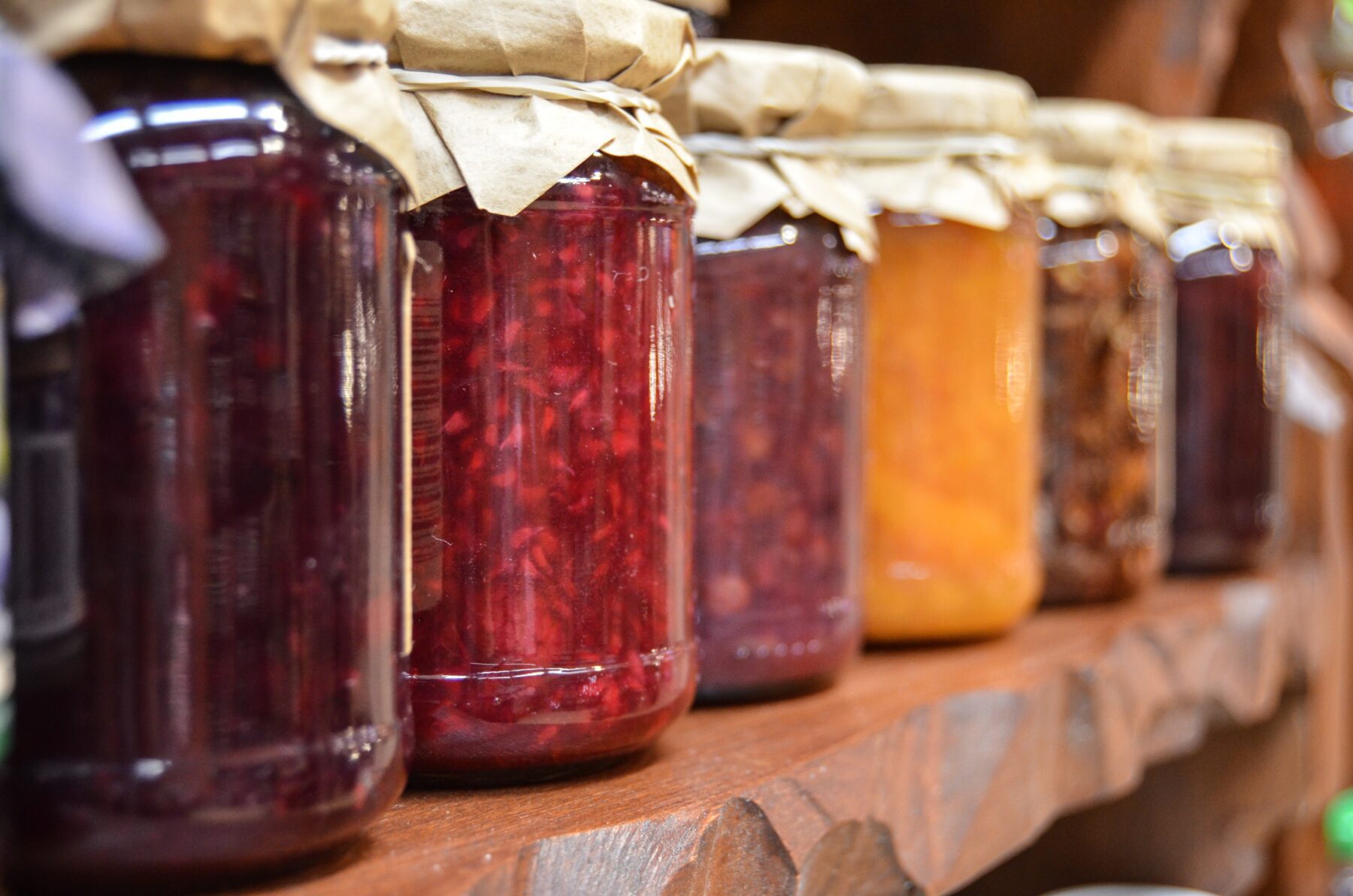This year was a hard year in the garden. I’m not exactly sure why. The summer wasn’t that dry and I didn’t let the weeds take over too much. The surrounding trees didn’t give that much more shade than previous years, and we always plan for limited sunlight on that end of the garden anyway.
Still, production wasn’t what it had been in years past. The grapes didn’t fare well either—some, not as many as usual. The pear trees were a miss this year as well. The peaches on the other hand, the limbs were weighed down nearly to the ground. But they were the delicious exception. Even the black walnut tree didn’t produce a single walnut. That one I’m not complaining about. Picking up walnuts from the yard is one of my least favorite fall chores, and the ones that get missed turn slimy and squishy, and the boys hate slipping in “walnut poo.”
We certainly missed, in both senses, having a productive year for our backyard garden and orchard (orchard is generous—it’s two pear trees and a peach tree).
Every so often, when I start to think about expanding the garden, where another grapevine might fit, or if I can stomach mowing around another fruit tree, I fantasize about having so much produce that we don’t know what to do with it. Canning, jams, freezing. There are a variety of ways to preserve and store a bountiful harvest. But I also think about the foolish farmer in Jesus’s parable.
He got his long awaited and deeply desired harvest. Overflowing isn’t even accurate. His harvest was so full, that he decided the best option was to build bigger barns. This was his payday. It was enough to retire on, at least for a little while.
There’s a part of me, and I think I’m not alone, that wants to say, good for him. Farmers work hard. The old adages about dark-to-dark work are old for a reason. Hadn’t he earned a good harvest? He had, perhaps finally, put all the pieces together just right, and the weather had been favorable for the growing season and now he was staring at what his hard work had earned. My bootstrap-pulling way of looking at things may be jealous but admits that he earned it. It was his. I would want the same acknowledgment if the harvest were the result of my hard work.
But maybe you know how the parable goes on from there. After he decides to build his barns, God calls him a fool and calls for his life with the rhetorical question: “Who will get all that you have stored up for yourself?”. Jesus finishes the explanation that it will be the same for anyone who stores up for themselves and is not rich toward God.
Storing up for ourselves is juxtaposed with being rich toward God. What should the rich farmer have done? How could he have been rich toward God? The answer has to force its way through the rocky individualistic soil of my thinking (and, again, probably not alone here). He should have looked around him to share his bounty with those who were perhaps in need. The farmer’s view that what he had been blessed with was for his blessing alone is what turned farmer to fool.
Of course, this goes beyond the strict agricultural parable. It did even when Jesus told it; this story is the response to brothers’ disputing over an inheritance. Our blessings are meant to be shared. Too often my view is narrow. It’s plenty long; I’m looking to my future, that I “have grain laid up for many years,” and “I can take life easy.” But it is definitely narrow.
Maybe low produce years are God graciously saving me from needing to be called a fool. Perhaps a bountiful harvest won’t come until I have better learned to share what I have with those around me. Maybe someday this seed of thought about being rich toward God will finally sprout in my heart and bring a harvest that provides grain to the people who need it.





 Copyright
2024
Root and Vine
Copyright
2024
Root and Vine